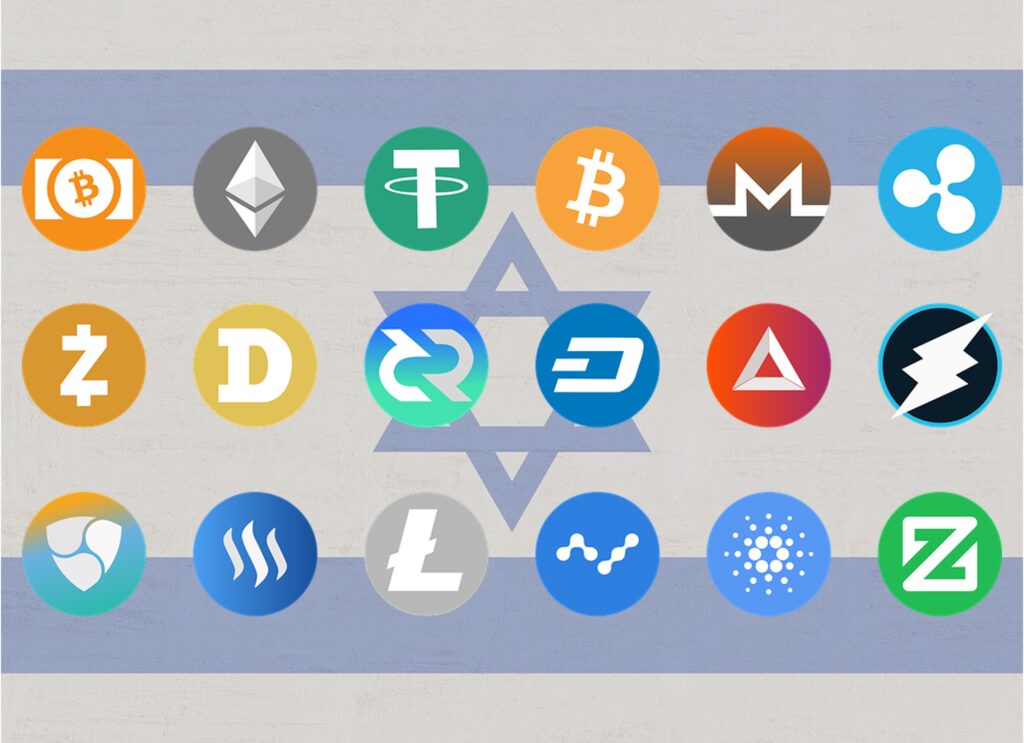The entry into force of the Anti-Money Laundering Order regulates the transfer of profits from investment in digital currencies into the banking system in Israel. This is how you will do it right.
This morning (Sunday), a ban on money laundering from financial service providers that will apply to all new service providers: fintech companies, credit providers and crypto companies came into force. Under the new order, entities providing these services will be subject to the obligations set forth in it, in order to prevent the possibility of money laundering or terrorist financing through them. In fact, the entry into force of the order opens the door to granting a permanent operating license to entities dealing in digital currencies. However, the responsible regulator, in charge of the Capital Market Authority, is still in the process of reviewing various crypto entities that have applied for a license.
The Anti-Money Laundering Order sets forth provisions regarding the identification and verification of a service recipient and the execution of the customer recognition procedure, compliance with reporting obligations to authorities supervising the activity of service recipients, including reports of normal activity and unusual events at the service provider. Instructions for managing records and saving documents and more. The order enumerates different conditions for opening accounts with remote customer identification, so that fintech ventures can operate more easily without having to meet the customer face to face.
In addition, the order contains provisions regarding the electronic transfer of funds and digital currencies in Israel and abroad. In parallel with the order, the Capital Market Authority recently published a draft circular regarding the management of money laundering and terrorist financing that applies to all financial service providers whose activities are regulated by the order. The draft completes its provisions.
.
Tracking the money path
In practice, if until now those who invested in crypto had difficulty transferring their profits to the banking system, due to the fear of money laundering, now the banks will set an orderly policy that should allow the funds to be received if trading is done with entities that meet the order. Hapoalim and Leumi banks have already formulated such a policy, which requires the approval of an accountant, lawyer or crypto expert, that indeed the trading was carried out in accordance with all the requirements of the money laundering order, together with documents proving the transfers.
“If you trade with entities abroad, and you want to put the money back into the financial system in the country, it is recommended to trade only with entities that are licensed and are subject to anti-money laundering regulations by the English FCA or the NYSDFS BitLicense.” Notes Tomer Ravid, CEO and founder of BloxTax, which provides regulatory services to crypto investors.
One of the conditions of the order is to track the path of money – that is, where it came from, and where it was at every step of the way. When you trade with supervised entities, it is simpler, but in trading or transfers between wallets you have to be more careful:
“It is always recommended to keep the transfer documentation. Wallet addresses, appropriate documentation. And in general – keeping a clean wallet, ie a purse “To supervised entities or different wallets of the investor himself. It is important to understand, the treatment of wallets should be as if they were a bank account, so it is worth avoiding actions that you would not perform in your bank account,” notes Ravid.
Trading in the crypto worlds shifts from the classic digital currencies, to the NFT and DEFI worlds, however, one should be aware of the rules of taxation and money laundering that apply to them.
“Currency conversion is a tax event – including the purchase of an NFT with a cryptocurrency. In addition, here all the rules of money laundering apply. The challenge is that most NFT trading venues and almost all DEFI protocols do not comply with ‘know the customer’ procedures. Therefore, from the point of view of the banking system, there is a great challenge in obtaining funds originating from this type of activity. We recommend that those who want to trade in DEFI and NFT maintain a structural separation in their investments. Prohibition of money laundering” notes Ravid.
.
By Etty Aflalo (Hebrew), November 14, 2021, published on Globes






